Pionus Parrot Eggs: A Comprehensive Guide
Introduction to Pionus Parrots
Pionus parrots are among the most beloved medium-sized parrot species, known for their calm temperament and vibrant plumage. These parrots, native to Central and South America, are not only beautiful but also make excellent pets due to their gentle nature. Common species include the Blue-headed Pionus, White-capped Pionus, and Bronze-winged Pionus. What sets them apart from other parrot species is their unique blend of intelligence, affectionate behavior, and quieter demeanor.
Breeding Pionus Parrots
Breeding Pionus parrots can be a rewarding experience, but it requires careful planning and knowledge. Understanding the breeding process is crucial, as it involves several stages, from courtship to egg-laying. Pionus parrots typically prefer to breed in a quiet, secluded environment where they feel safe. The ideal breeding conditions include providing a suitable nesting box, maintaining the right temperature and humidity, and ensuring that the birds are in peak health.
Pionus Parrot Eggs: An Overview
Pionus parrot eggs are small, white, and oval-shaped, similar to those of other parrot species. The female Pionus usually lays between 3 to 5 eggs per clutch, with each egg laid a day apart. Proper nesting is crucial during this time, as it provides the necessary environment for the eggs to develop. The nesting box should be spacious, lined with soft materials, and placed in a quiet area to reduce stress on the breeding pair.
Incubation of Pionus Parrot Eggs
The incubation of Pionus parrot eggs can be done naturally by the female or artificially in an incubator. Natural incubation relies on the female’s instincts to maintain the correct temperature and humidity, while artificial incubation requires more precise control. The optimal temperature for incubating Pionus parrot eggs is around 99.5°F (37.5°C), with a humidity level of 50-60%. It’s essential to monitor the eggs closely during this period to ensure they are developing properly.
Caring for Pionus Parrot Eggs
Caring for Pionus parrot eggs involves maintaining a clean environment, preventing egg binding in females, and addressing any issues that may arise. Egg binding, a condition where the female is unable to lay an egg, can be life-threatening and requires immediate attention. Regularly checking the nest for cleanliness and ensuring the female is receiving proper nutrition are key to successful egg care.
Hatching and Early Chick Development
Hatching is an exciting time for breeders, but it’s also critical to provide the right care for newborn chicks. Signs of hatching include small cracks in the eggshell and chirping sounds from inside the egg. Once the chicks hatch, they require warmth, proper nutrition, and protection from potential threats. Feeding should begin with a specialized formula designed for parrot chicks, which provides the necessary nutrients for healthy growth.
Comparing Pionus Parrot Eggs with Other Parrot Species
When compared to other parrot species, Pionus parrot eggs are similar in size and appearance but may differ in incubation periods and care requirements. For instance, the Blue-Throated Macaw, a larger species, lays fewer eggs, which are larger in size. The incubation period for Blue-Throated Macaw eggs is also slightly longer, requiring a more extended period of care. Understanding these differences is vital for breeders who work with multiple parrot species.
The Role of Nutrition in Egg Development
Nutrition plays a significant role in the development of healthy Pionus parrot eggs. A diet rich in calcium, protein, and vitamins is essential for egg production and the overall health of the breeding pair. Supplements such as cuttlebone, mineral blocks, and vitamin-enriched pellets can provide the additional nutrients needed during the breeding season.
Behavioral Traits of Pionus Parrots During Breeding
During the breeding season, Pionus parrots exhibit specific behaviors that indicate they are ready to breed. These behaviors include increased territoriality, more frequent vocalizations, and a stronger bond between the pair. Understanding these behavioral traits can help breeders identify the optimal time for breeding and ensure a successful outcome.
Potential Health Issues in Pionus Parrot Eggs
Health issues related to Pionus parrot eggs can include conditions like egg binding, infertility, and infections. Identifying these problems early is crucial for the health of the female and the viability of the eggs. If an issue is suspected, consulting with an avian veterinarian is recommended to provide the best care possible.
Environmental Factors Affecting Pionus Parrot Eggs
Environmental factors such as light, noise, and disturbances can significantly impact the development of Pionus parrot eggs. Creating a calm, stable environment is essential to prevent stress on the breeding pair and to ensure the eggs develop correctly. Climate control, such as maintaining consistent temperature and humidity, is also vital for egg health.
Ethical Considerations in Breeding Pionus Parrots
Responsible breeding practices are essential to prevent overbreeding and ensure the health of both the breeding pair and their offspring. Breeders should avoid inbreeding and strive to contribute to the conservation of Pionus parrots by promoting genetic diversity. Ethical considerations also include providing a suitable home for the chicks and educating potential owners about the commitment required in caring for Pionus parrots.
Pionus Parrot Egg Myths and Misconceptions
There are several myths and misconceptions surrounding Pionus parrot eggs, such as the belief that all eggs will hatch or that artificial incubation is always superior. In reality, not all eggs are fertile, and both natural and artificial incubation have their advantages and disadvantages. Understanding the truth behind these myths can help breeders make informed decisions.
Conclusion
Breeding Pionus parrots and caring for their eggs is a challenging yet rewarding endeavor. By providing the right environment, nutrition, and care, breeders can ensure the successful hatching of healthy chicks. Responsible breeding practices and a deep understanding of the needs of Pionus parrots are essential for anyone interested in raising these beautiful birds.
FAQs
- What is the ideal temperature for incubating Pionus Parrot eggs?
The ideal temperature for incubating Pionus Parrot eggs is around 99.5°F (37.5°C).
- How many eggs do Pionus Parrots typically lay?
Pionus Parrots typically lay between 3 to 5 eggs per clutch.
- Can Pionus Parrots lay eggs without mating?
Yes, female Pionus Parrots can lay eggs without mating, but the eggs will be infertile.
- How long does it take for Pionus Parrot eggs to hatch?
It usually takes around 24 to 28 days for Pionus Parrot eggs to hatch.
- What should I do if a Pionus Parrot egg doesn’t hatch?
If a Pionus Parrot egg doesn’t hatch, it’s important to assess the situation carefully. In some cases, it may be due to infertility, improper incubation, or other health issues. Consulting with an avian veterinarian can help determine the cause and provide guidance on the next steps.

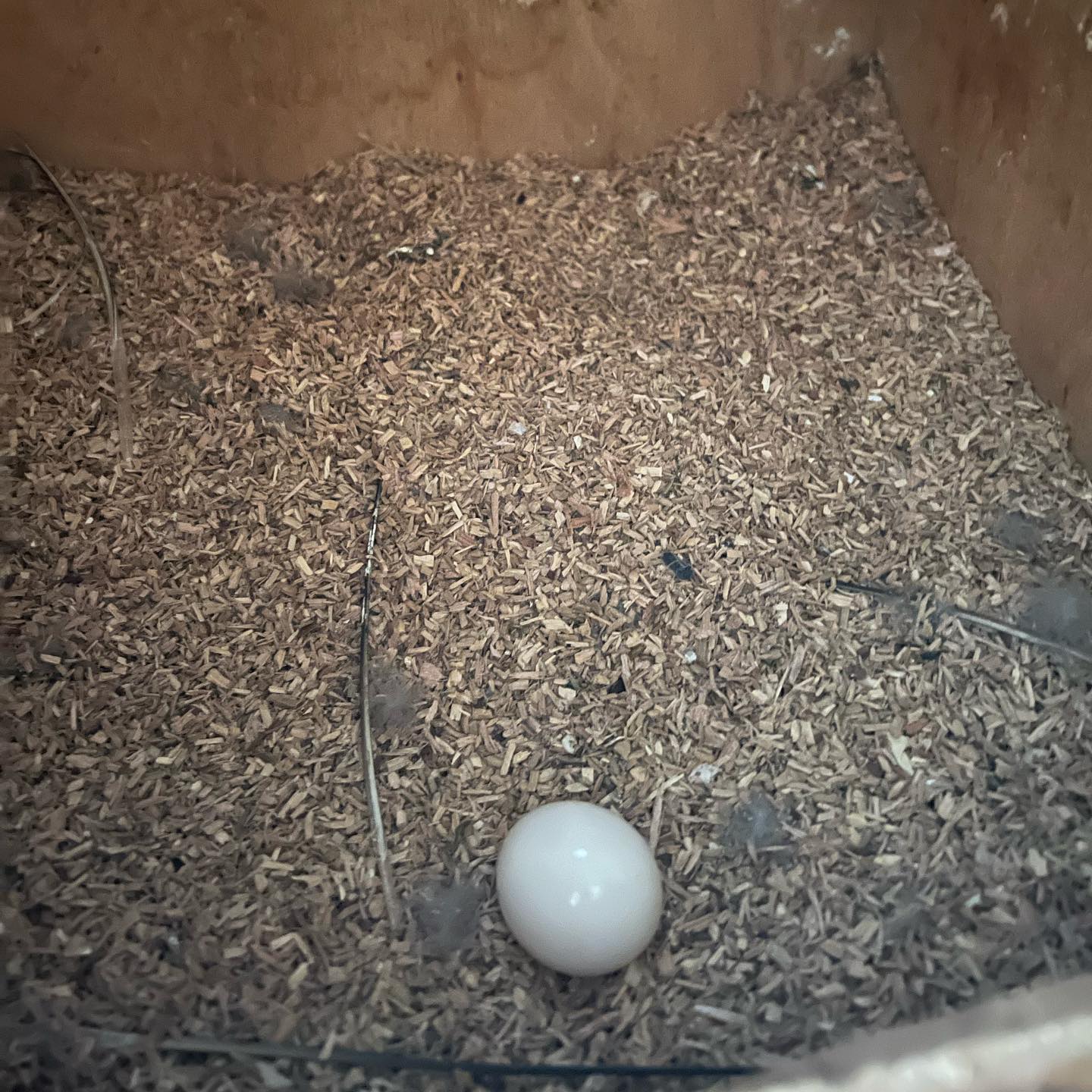
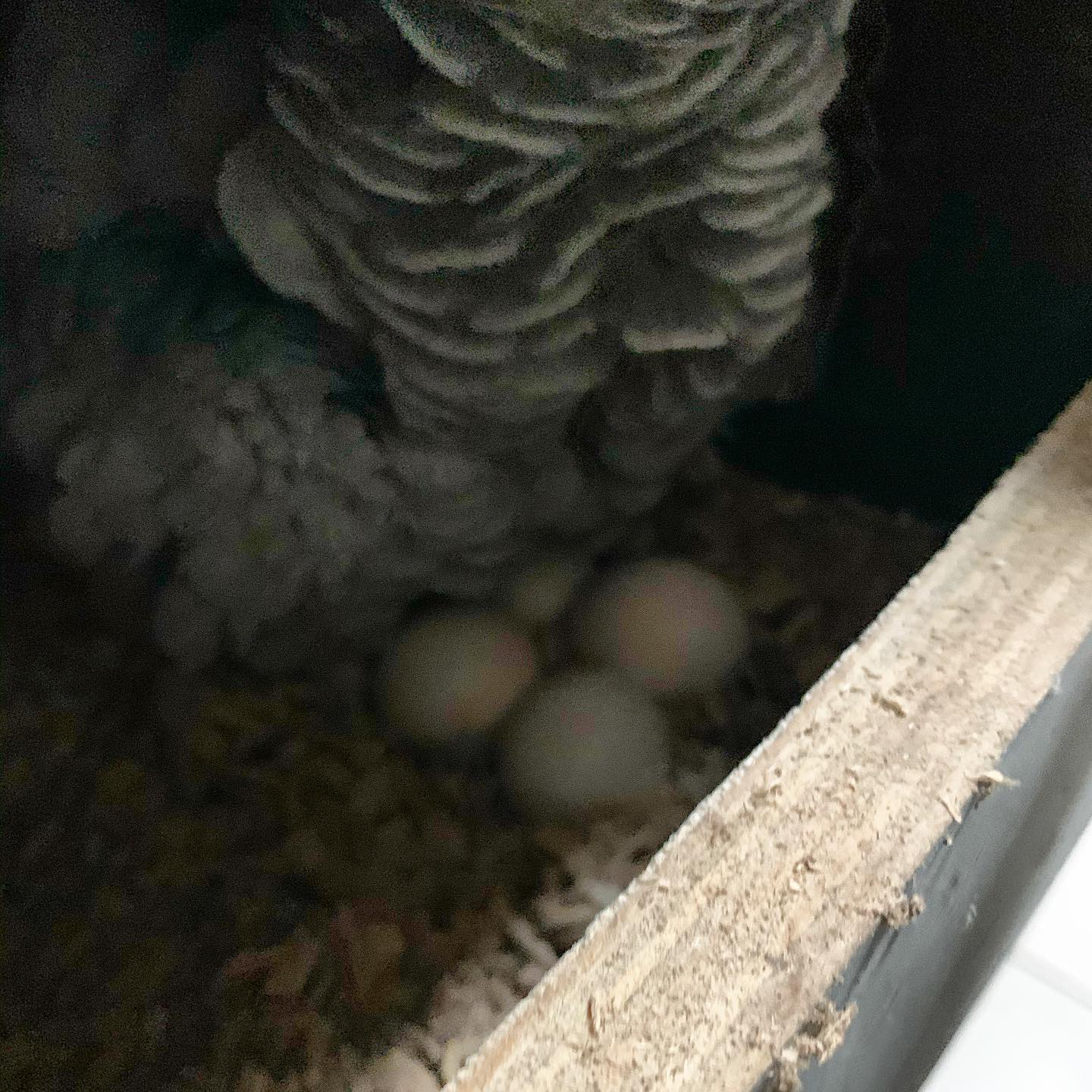
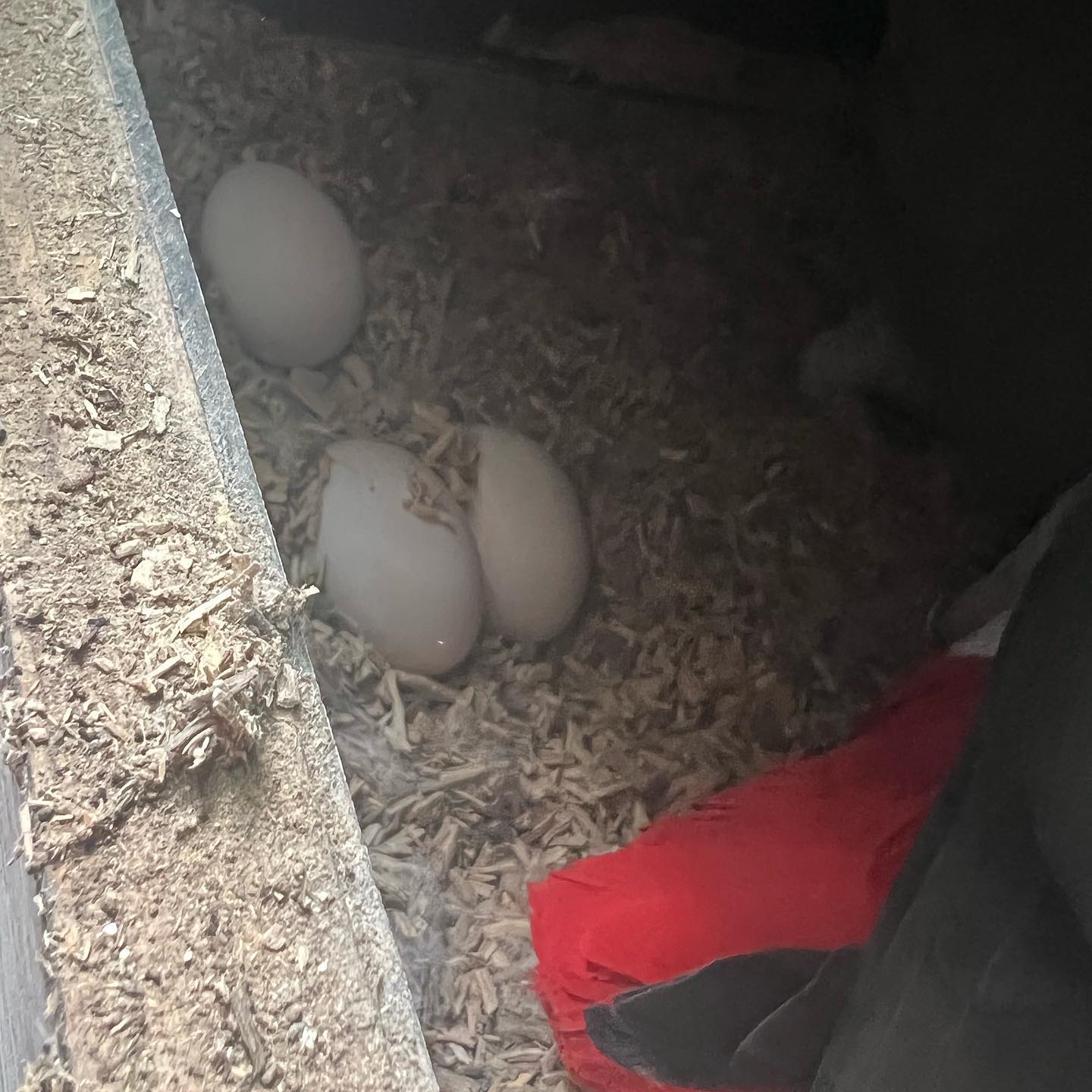
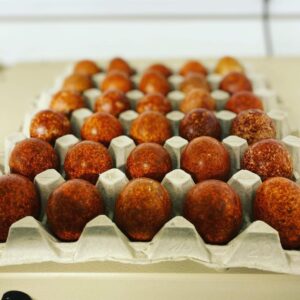
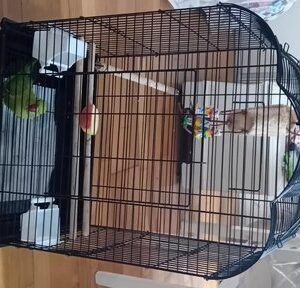
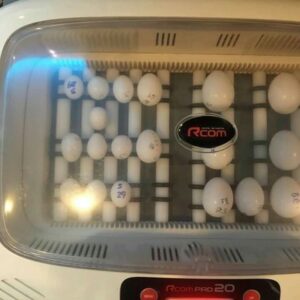
Reviews
There are no reviews yet.